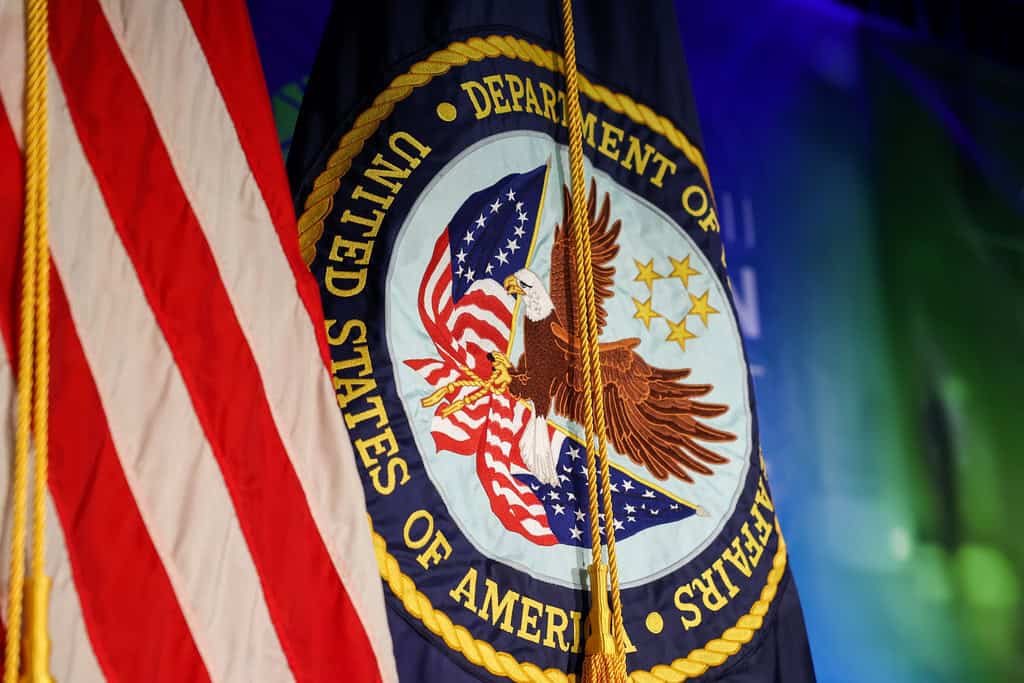Amicus Briefs
Buffington v. McDonough
CASE SUMMARY
Did we achieve our litigation objective? No, Thomas Buffington did not receive the missing benefits to which he was entitled.
Court Outcome: Loss in the U.S. Court of Appeals for the Federal Circuit; Certiorari denied by the Supreme Court.
Larger Impact: Justice Gorsuch’s dissent from the Supreme Court’s decision not to take NCLA’s appeal rebuked Chevron deference and painted a clear picture of how the Supreme Court might restore sanity by overturning Chevron once and for all.
Summary: Mr. Buffington, who suffered service-connected disability (tinnitus) while serving for the U.S. Air Force, sought disability benefits in a lawsuit against V.A. The law is clear that when one asks for resumption of disability payments to which one is entitled, the resumption should begin as of the date one leaves active service. But the V.A. disagreed. It claimed that payments can be resumed for no more than 12 months before the veteran requests resumption. The U.S. Court of Appeals for Veterans Claims ruled against Buffington holding that (1) the relevant statute in this case is ambiguous; and (2) V.A.’s interpretation of the relevant statute was entitled to deference under the Chevron deference doctrine. NCLA argued that the Court did not exercise its independent judgment regarding the best reading of the statutes at issue in this case and instead deferred to the interpretation of the V.A.—a party to this proceeding.
The Court stated that deference doctrines are based on a presumption that, in many instances, Congress intends to delegate interpretive authority to administrative agencies. But there is a well-established, pro-veteran maxim by the courts which provides that interpretive doubt is to be resolved in the veteran’s favor. The reason for rejecting Chevron deference in veterans’ cases is similar to the reason for rejecting it in criminal cases, to which the rule of lenity applies. Congress cannot be presumed to have intended to delegate to the V.A. authority to adopt a rule withholding otherwise-available disability benefits depending on the date on which a veteran seeks reinstatement of benefits. Likewise, Congress cannot be presumed to have intended courts both to construe such statutes in favor of veterans and to defer to an agency interpretation that disfavors veterans. Rule-of-lenity case law provides additional support for the proposition that Chevron is inapplicable when, as here, competing court maxims undercut presuming congressional intent.
NCLA also urged the Court to note the constitutionally problematic nature of the Chevron judicial deference doctrine.


